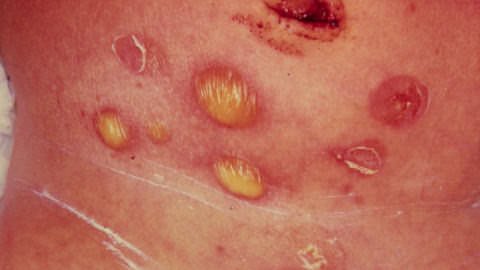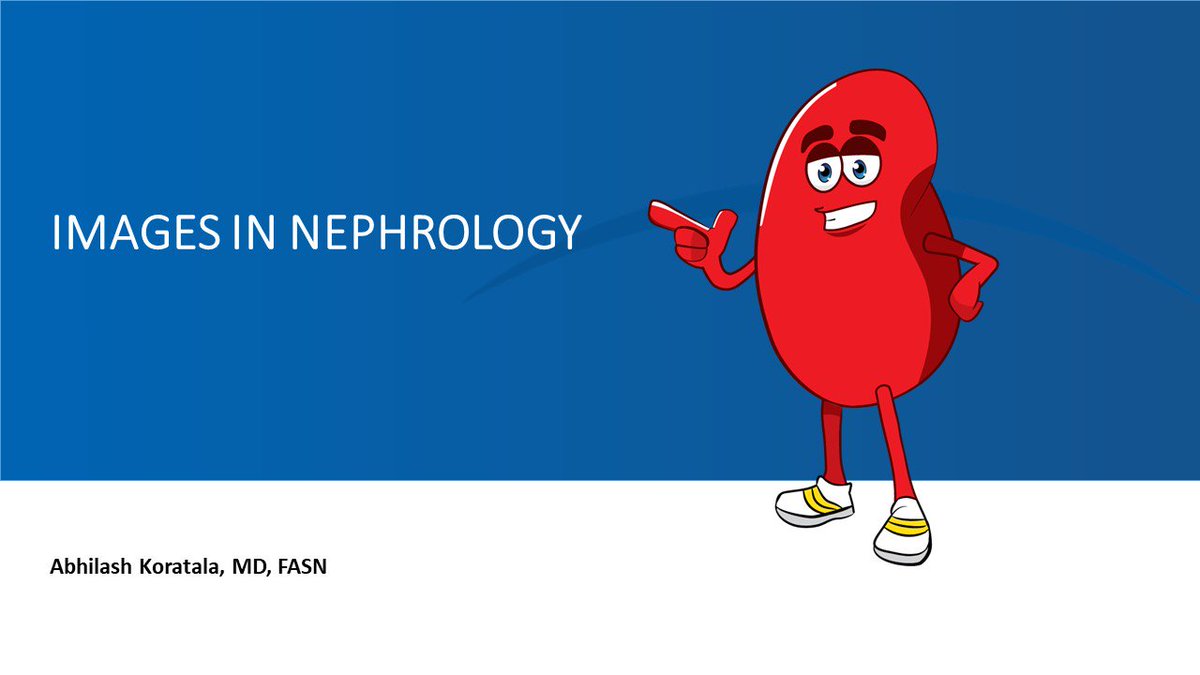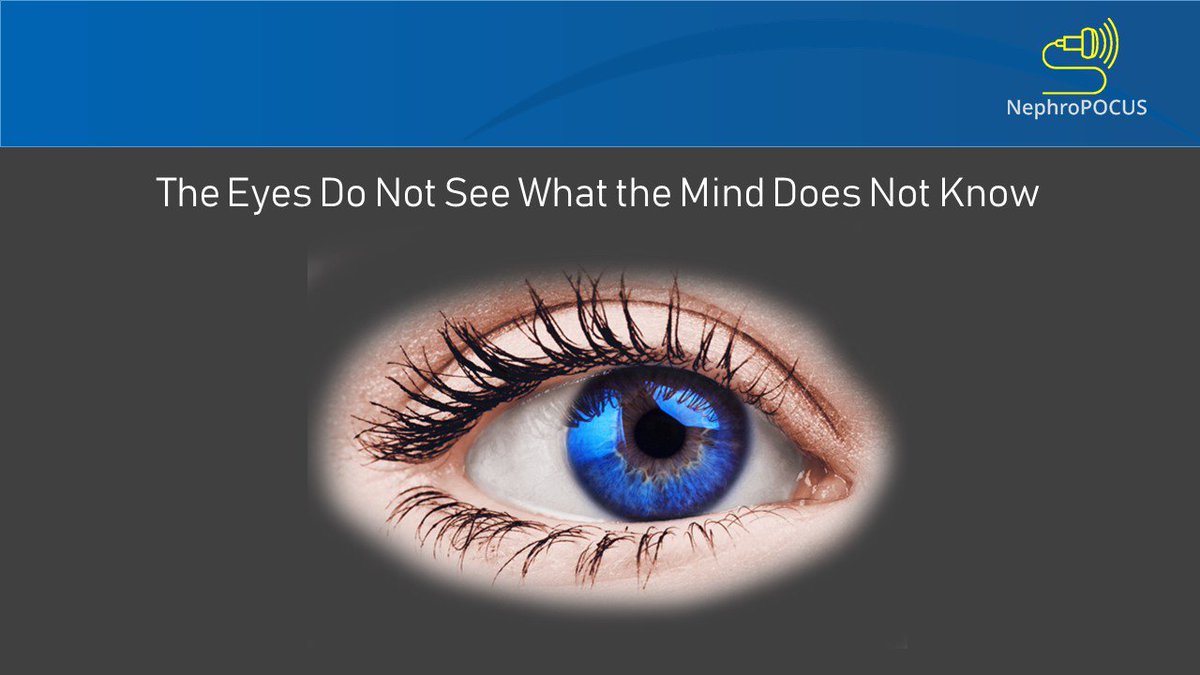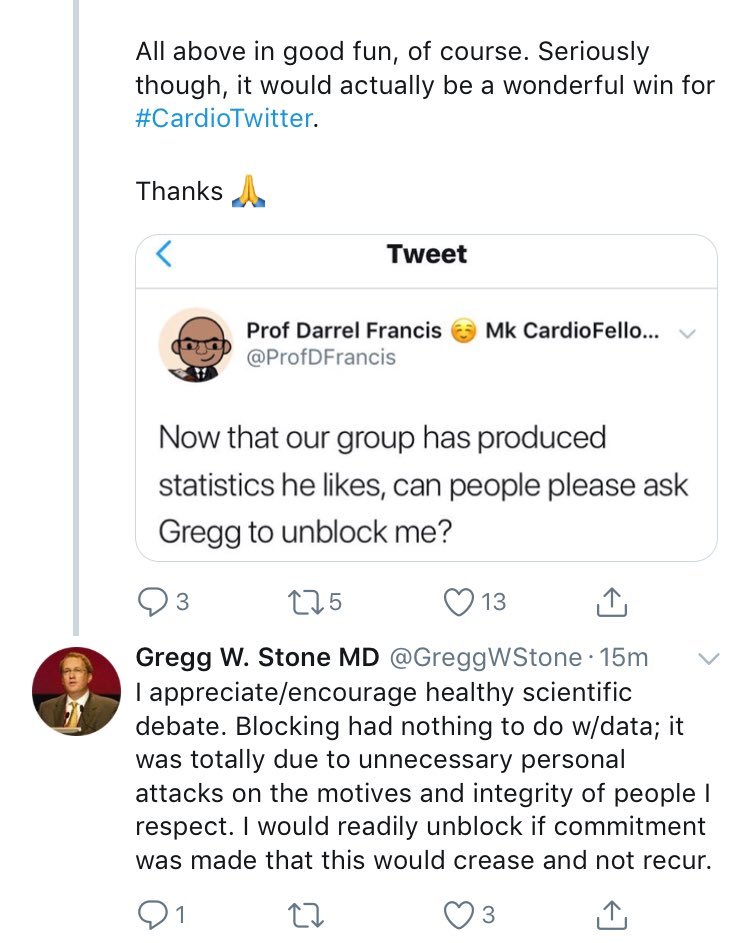There is SO much we could talk about, so I'm going to keep it basic. #Dermtwitter, please add more!
#MedEd #FOAMed #dermatology #medtwitter @aadmember #dermatologia pc: @dermnetnz & @aadskin
1/
2/
5/
ascopubs.org/doi/full/10.12…
7/
5/
6/
7/
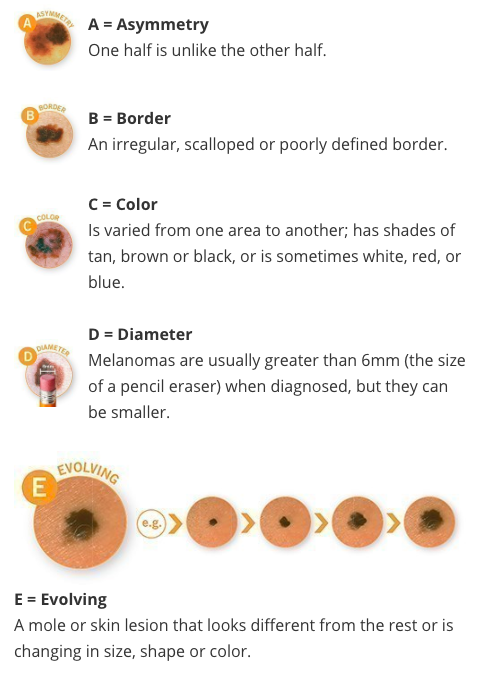
8/
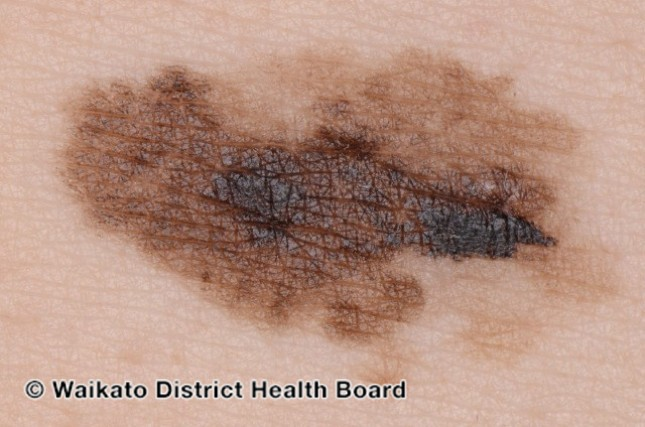
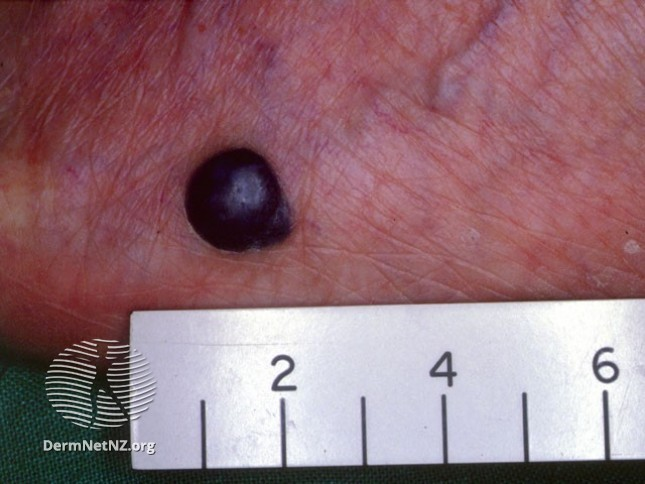
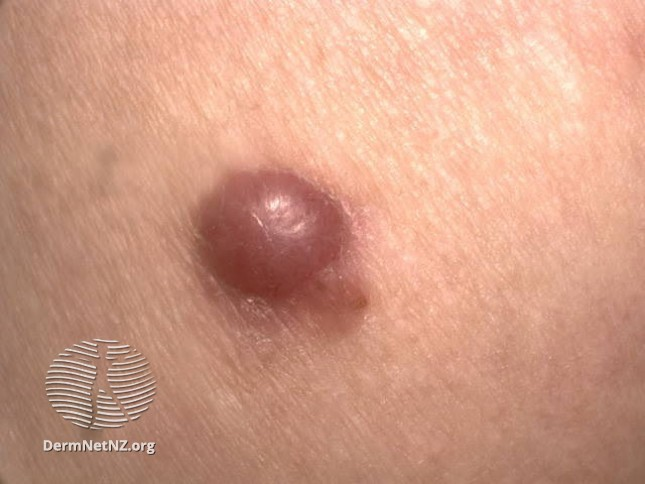
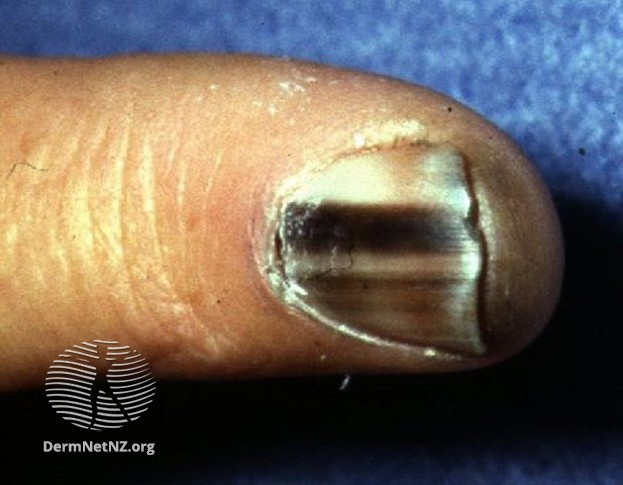
9/
10
skincancer.org/publications/t…
11/
12/
13/
14/
- Skin cancer is unbelievably common.
- Prevention is key to decreasing burden on patients & the healthcare system.
- If early, local therapy guided by a board certified #dermatologist can be all you need.
- More aggressive forms may require multidisciplinary care.
15/
Again, #dermtwitter, please feel free to add your own thoughts, and check out this link from @aadskin for more pt friendly info:
aad.org/public/spot-sk…
16/16














